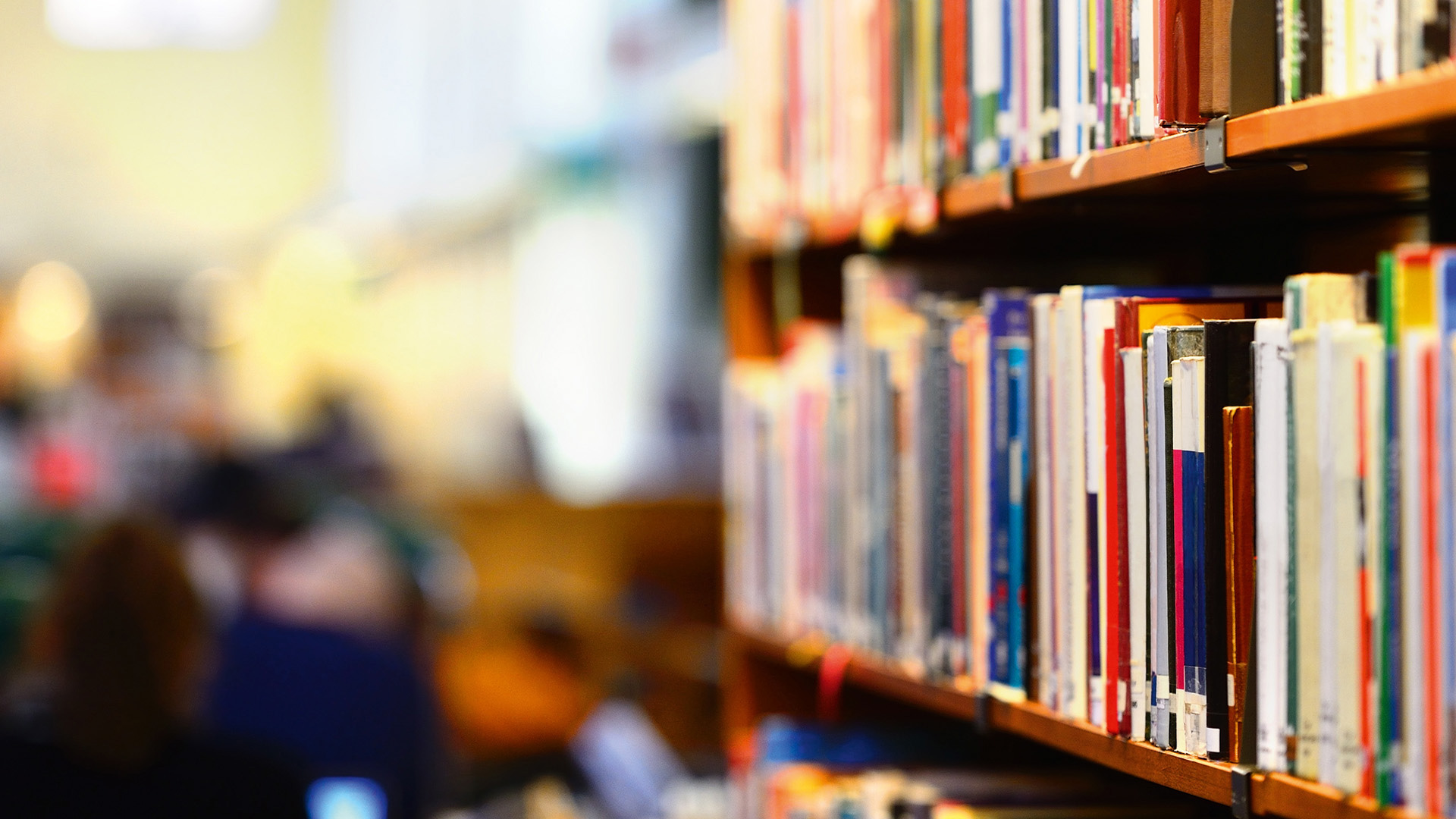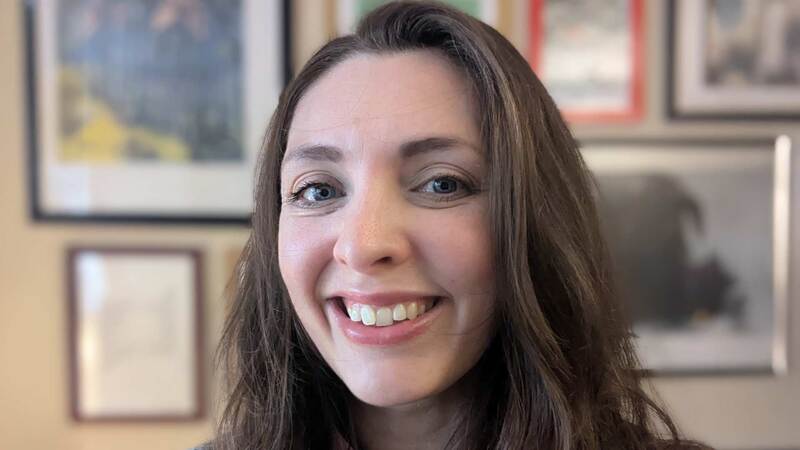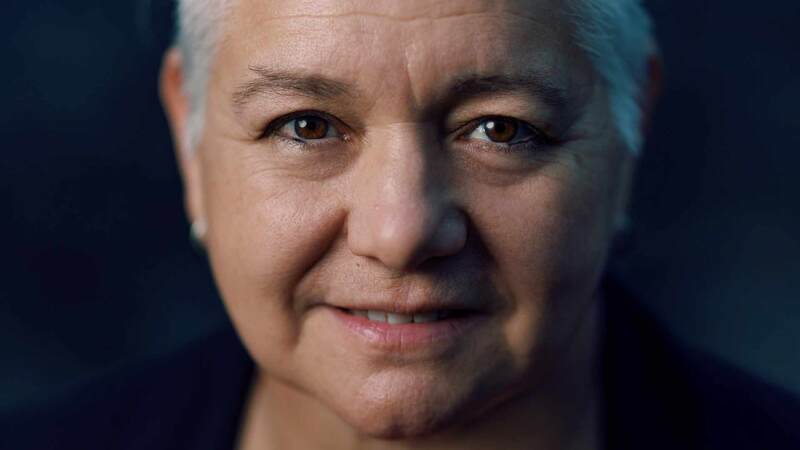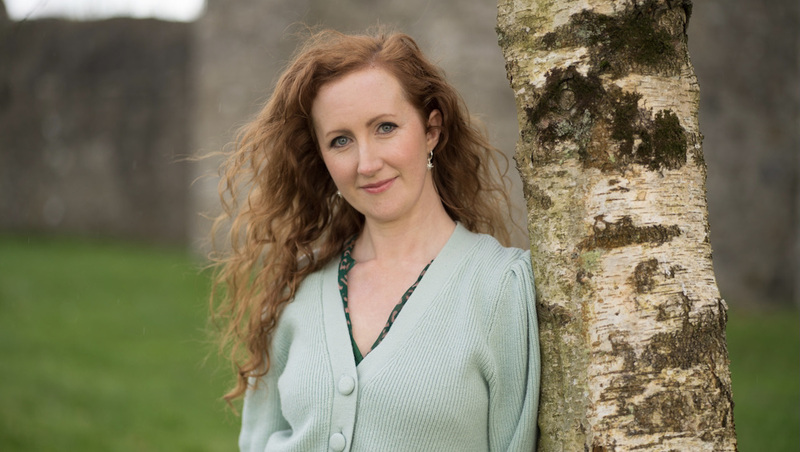You are viewing your 1 free article this month. Login to read more articles.
Society of Authors releases joint statement after school libaries 'censored'
The Society of Authors (SoA), the Chartered Institute of Library and Information Professionals (CILIP) and the School Library Association (SLA) have released a joint statement after concerns were raised over censorship in school libraries.
Last month, a small-scale investigation by the Index on Censorship, an organisation campaigning for freedom of expression, revealed that 28 librarians across the UK have allegedly been asked to remove books from shelves, with parents reportedly making more than half of those requests.
The joint statement, released yesterday, stated that to promote and protect freedom of expression, "it is vital that we foster the conditions for all schools to have diverse and inclusive library collections, and to resist all forms of censorship given its debilitating effects on children’s educations".
The statement added that the three organisations "strongly believe" that librarians and library staff should be encouraged to stock diverse and inclusive library collections to "enrich children’s education". The organisations said this should involve stocking materials with differing viewpoints, so that pupils "may understand the feelings and experiences of others as well as develop, with guidance and support, the practice of critical reading and thinking".
It continued: "Collections must also reflect the many religious, ethnic and cultural groups in our society, to celebrate their contribution to our national heritage and identity, so that all children can see themselves represented and have the same opportunity to engage with and benefit from literature.
"It is equally important that school libraries continue to host authors from diverse backgrounds for school visits. As well as reading books, opportunities to actually meet and hear directly from different people are crucial to developing empathy and understanding. Research by the National Literacy Trust has shown that author visits have a positive impact on reading habits, and are an important way for authors to support children."
They added that censorship, "especially when it leads to a culture of fear and self-censorship, is a threat to children’s freedom to read, learn, question, and access information".
Chief executive of the SoA, Anna Ganley said: "Freedom of expression is a fundamental human right, and a central tenet of an author’s work and livelihood. We oppose any attempt to stifle or control freedom of expression in our society. As an inclusive trade union with over 12,500 authors, we stand against the marginalisation or censorship of books or their authors on any grounds. We fully support CILIP and the SLA in their important work to ensure that librarians are empowered to provide library collections that meet the needs of their diverse communities."
Chief executive of the SLA, Alison Tarrant said: "We will continue our work to support all school libraries to develop collections which allow pupils to develop curiosity about the world around them through fiction, information and other resources. School libraries have a duty to support curriculum learning, personal development and enable children to develop a sense of the world. This can happen through engaging with stories and information resources to build understanding of similarities and differences.
"School library collections are carefully curated with the needs and ages of their users in mind, which provides a safe starting point for information gathering. It is vital that school library staff are supported and have access to training to develop these collections and the policies which underpin them."
Chief executive of CILIP, Louis Coiffait-Gunn said: "Authors, publishers, teachers, school leaders, and librarians all have a duty to work together to ensure that every child has the opportunity to discover the wide and wonderful world of reading. That’s especially important for children who may not get such opportunities at home. CILIP’s work on inclusive collections and intellectual freedom helps resist censorship, deliver trustworthy information, and empower learners."


















